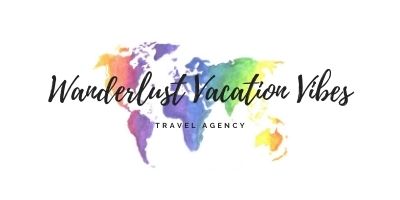TRAVEL TIPS
Safety
Panama is relatively safe. In most of the country crime against tourists is usually limited to pickpocketing and bag snatching. Taking a few simple precautions is usually enough to keep you from being a target.
In urban areas, strive to look aware and purposeful at all times. Look at maps before you go outside, not on a street corner, and keep a firm hold on your purse. At night exercise the same kind of caution you would in any big American city and stay in well-lit areas with plenty of people around. Ask hotel or restaurant staff to call you a taxi at night, rather than flagging one down. If you're driving, park in guarded lots, never on the street, and remove the front of the stereo if possible.
In Panama City it's best to steer clear of the neighborhoods of El Chorrillo, parts of Calidonia away from the parallel thoroughfares of Peru and Cuba avenues, and El Marañón, where muggings are commonplace. (We shade dangerous neighborhoods on our Panama City maps.) Finally, local drivers are a danger to pedestrians in all the city's neighborhoods, so look twice (or thrice) before crossing the street.
Two places in the country are blots on Panama's safety reputation. The city of Colón is a hot spot for violent crime, and locals warn against wandering its streets alone. Bordering Colombia, the Darién Province is a largely impenetrable jungle far from the reach of the law, and thus a hotspot for paramilitary activity and drug smuggling. An organized tour should be your only choice for visiting the Darién.
In the unlikely event of being mugged or robbed, do not put up a struggle. Nearly all physical attacks on tourists are the direct result of their resisting would-be pickpockets or muggers. Comply with demands, hand over your stuff, and try to get the situation over with as quickly as possible—then let your travel insurance take care of it.
Report any crimes to the nearest police station. In Panama City you can also ask English-speaking tourist police (identifiable by a white armband) for help. Panamanian police are usually helpful when dealing with foreigners. However, their resources are limited: they'll happily provide you with reports for insurance claims, but tracking down your stolen goods is pretty unlikely.
In Panama you're legally obliged to carry ID—preferably your passport—with you at all times. If you prefer to keep your passport safe, laminate a color copy of the photo page and carry that, together with your driver's license or other photo ID. You may be asked for proof of your identity when dealing with the police, and you can be fined $10 or hauled away if you don't have ID.
Distribute your cash, credit cards, IDs, and other valuables between a deep front pocket, an inside jacket or vest pocket, and a hidden money pouch. Don't reach for the money pouch once you're in public.
Contact
Transportation Security Administration. 866/289--9673; www.tsa.gov.
Government Advisories
U.S. State Department travel advisories are known for being very cautious. A perusal of the corresponding sites for other English-speaking countries (Australia, Canada, and the United Kingdom) gives a larger sampling. All warn against independent travel to the Darién region and recommend avoiding rougher neighborhoods of Panama City and most of Colón.
General Information and Warnings
Australian Department of Foreign Affairs and Trade. 262/613--305; www.smartraveller.gov.au.
Foreign Affairs and International Trade Canada. 800/387--3124; www.voyage.gc.ca.
U.K. Foreign & Commonwealth Office. 300/200--3500; www.gov.uk.
U.S. Department of State. www.travel.state.gov.

